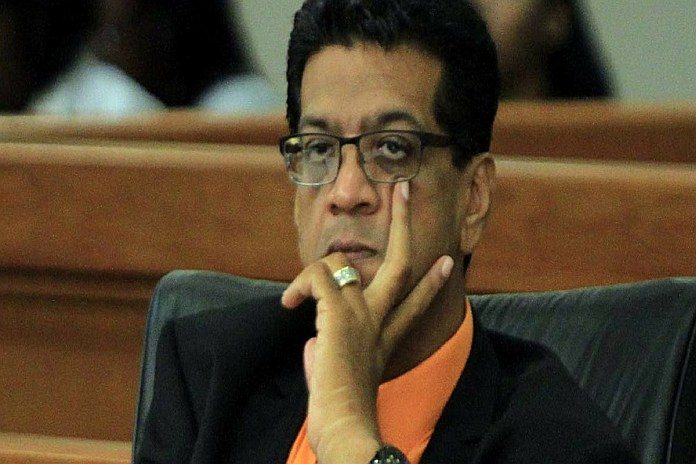Dear Sir:
The Keith Rowley government must take urgent and deliberate measures to improve Trinidad and Tobago’s standing in the Ease-of-Doing-Business ranking. The government must also move expeditiously to conclude natural gas pricing arrangements with manufacturers.
These compelling and pressing matters must be dealt with as part of a package of measures for the country to emerge from its current precarious economic circumstances, in which there are only seven months of import cover.
The sharp decline in foreign reserves and a radical increase in debt are the results of the inability to spur exports in the midst of reducing returns from the energy sector. The national debt now stands at $120 billion, and the economy has shrunk by ten percent over the past four years.
Under the current Rowley-led administration, investor confidence has collapsed, and Trinidad and Tobago has sunk from 65 to 105 among 190 economies in the Ease of Doing Business. That has led to the inability to attract foreign investments, and also to a flight of some investors to business-friendly climates.
The government must take immediate measures to reverse the decline in investor confidence through purposeful steps with respect to each Ease-of-Doing-Business line item. For example, Trinidad and Tobago Electricity Commission, Water and Sewerage Authority and other agencies and regulators must be mandated to dramatically improve their service to prospective investors. Bureaucracy regarding insolvency, bankruptcy and credit facilities must be prioritised.

The government must revisit the measures implemented by the Kamla Persad-Bissessar administration, which led to a reduction of paperwork time from 43 to three days. This was achieved through the merging of the Asycuda system with the single electronic window.
There should also be a close examination of the measures instituted by Jamaica to achieve its current 71st place and to be titled the Caribbean most desirable investment destination. In addition, the government must end the current uncertainty affecting manufacturers over natural gas prices.
The National Gas Company (NGC) must hold urgent discussions with stakeholders, including the Manufacturers Association of Trinidad and Tobago, and seek consensus on the issue. An oppressive increase in gas prices could render valued companies financially unsustainable and lead to the displacement of workers and the loss of even more precious foreign exchange.
It is unacceptable that NGC has been negotiating this matter for 18 months. The loss of US $250 million in three years through the closure of Arcelor-Mittal is an example of the huge negative impact of the government’s indifference toward the manufacturing sector.
It is long overdue that the Rowley-led administration acknowledges the country’s dire economic circumstances and responds to the critical issues with speed and good business sense.
Rushton Paray
Member of Parliament, Mayaro





